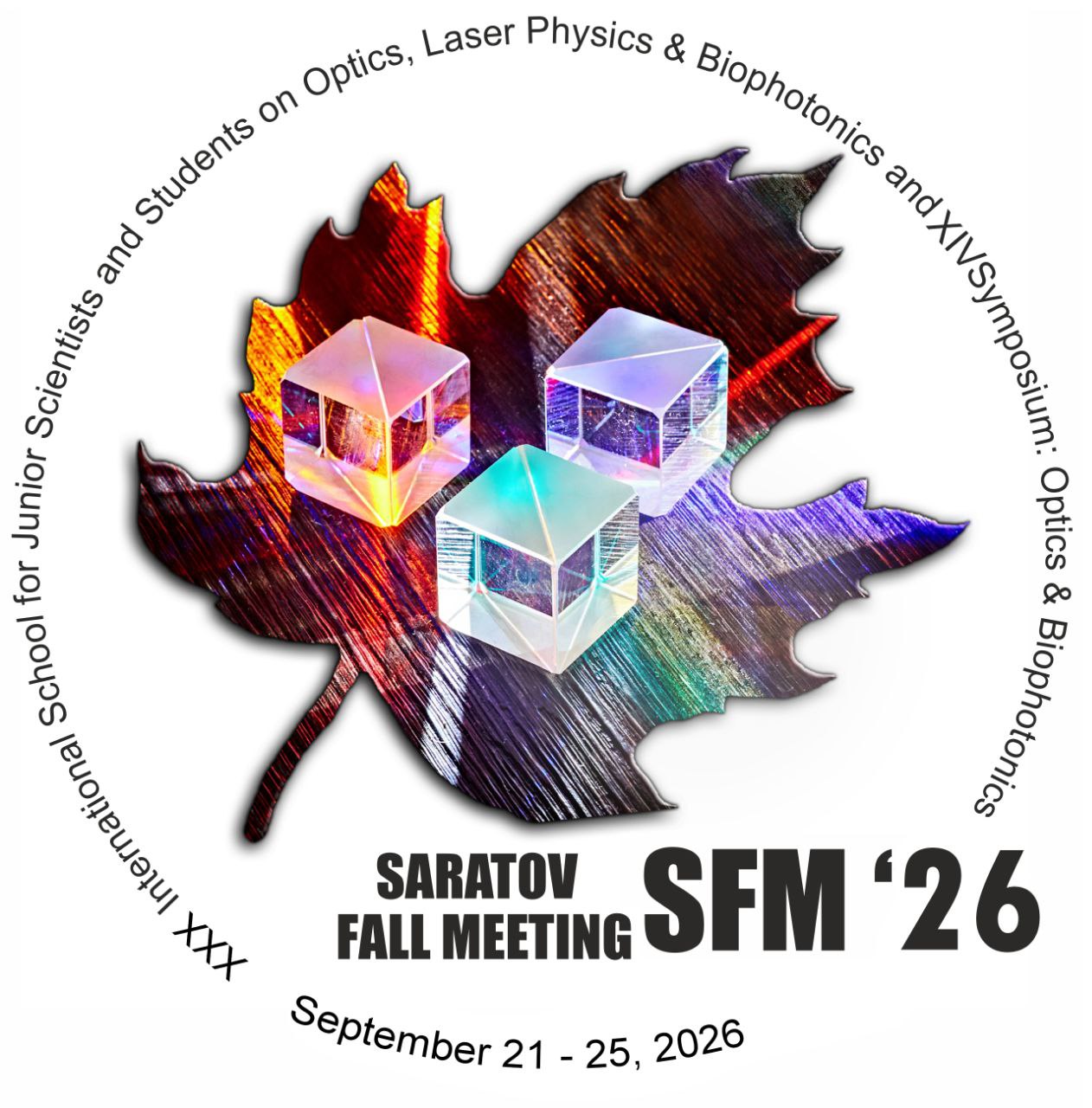Vaccination with gold nanoparticles conjugated with thermostable tumor antigens prevents the development of tumors in mice
S.A. Staroverov1,2, S.V. Kozlov2, A.S. Fomin1, D.S. Chumakov1, K.P. Gabalov1, E.S. Kozlov2, D.A. Soldatov2, L.A. Dykman1
1 Institute of Biochemistry and Physiology of Plants and Microorganisms, Russian Academy of Sciences, Saratov, Russia
2 Saratov State Agrarian University, Saratov, Russia
Abstract
Cancer vaccines stimulate anti-tumor immunity, and nanoparticles in vaccines increase the stability of the antigen and facilitate its targeted delivery. Among all the nanoparticles used for these purposes, the most popular are gold nanoparticles (AuNPs). It is known that heat shock proteins (HSP) play an important role in the formation of the antitumor adaptive immune response. BALB/c mice were vaccinated with conjugates of AuNPs with thermostable antigens obtained from whole cell lysate of MH22a tumor cells. Vaccination was carried out twice with an interval of 10 days. Animals were divided into four groups (5 mice in each group). The 1st group was injected intraperitoneally with a solution of antigen in PBS; Group 2 – antigen conjugate with AuNPs; Group 3 – antigen conjugate with AuNPs, emulsified 1: 1 in complete Freund's adjuvant; Group 4 – AuNPs solution. 7 days after the last immunization, the MH22a tumor cells were transplanted into mice. After transplantation, the first signs of tumors appeared 14 days after infection; on day 21, the tumors were most clearly visible. It was found that the group vaccinated with the antigen-AuNPs conjugate showed no signs of tumor growth for 24 days. In other groups, tumor growth was observed in each animal. Thus, in the present study, the principal possibility of using AuNPs in combination with HSPs for antitumor vaccination was shown.
Speaker
Lev A. Dykman
Institute of Biochemistry and Physiology of Plants and Microorganisms, Russian Academy of Sciences
Россия
Discussion
Ask question


